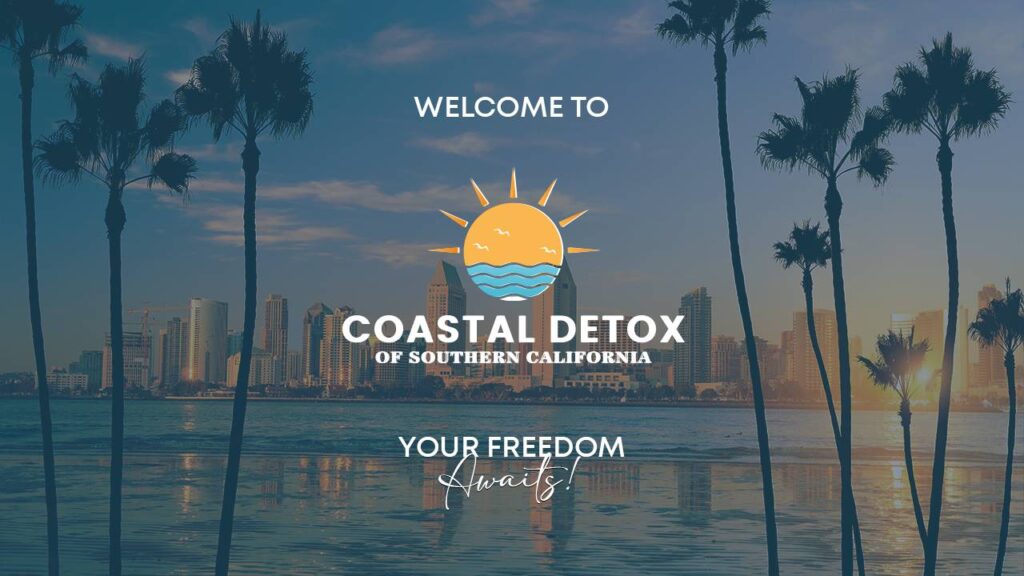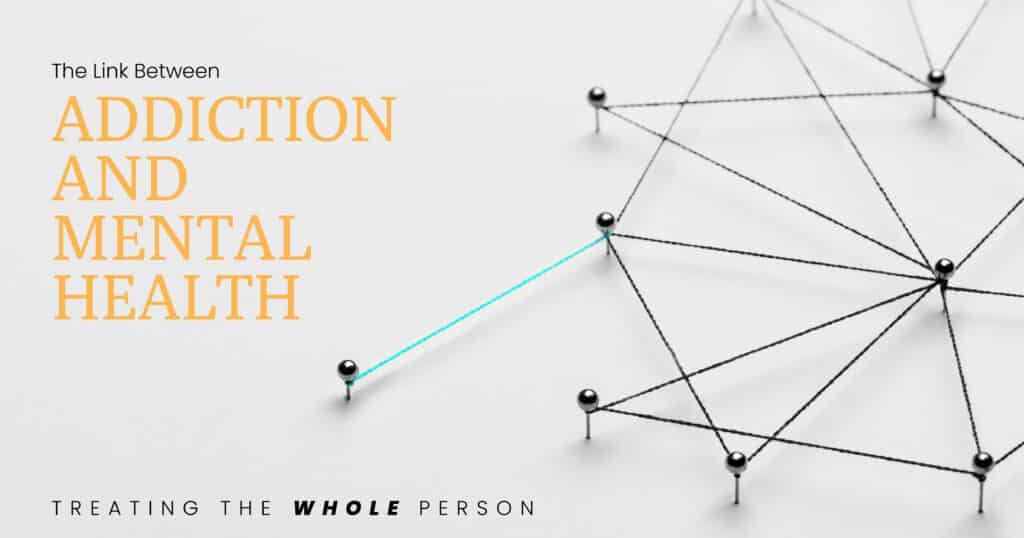Struggling with addiction? You’re not alone. Millions of people worldwide grapple with substance abuse disorders, and the reasons behind them can be complex. Often, there’s a hidden connection – a link between addiction and mental health. This blog post dives deep into this crucial relationship, exploring how mental health conditions can influence addiction and vice versa. We’ll also discuss the importance of treating the “whole person” for a successful recovery journey.
Understanding Addiction and Mental Health
Before we delve into the connection, let’s define our terms:
- Addiction (Substance Use Disorder): A chronic brain condition characterized by compulsive substance use despite harmful consequences [National Institute on Drug Abuse (NIDA)].
- Mental Health Condition: A broad term encompassing various disorders that affect mood, thinking, and behavior [National Institute of Mental Health (NIMH)].
The Two-Way Street: How Mental Health Can Fuel Addiction
Mental health struggles can significantly increase the risk of addiction. Here’s how:
- Self-Medication: Individuals with conditions like anxiety or depression may turn to substances to cope with negative emotions, seeking a temporary escape from their inner turmoil.
- Trauma: Traumatic experiences can leave deep emotional scars, making individuals more susceptible to substance abuse as a coping mechanism.
- Increased Impulsivity: Certain mental health conditions can lead to impulsive behaviors, making it harder to resist cravings and maintain sobriety.
- Social Isolation: Mental health struggles can lead to social withdrawal and loneliness, making individuals more vulnerable to seeking solace in substance abuse.
How Addiction Impacts Mental Health
The negative effects aren’t one-sided. Addiction itself can exacerbate mental health problems in several ways:
- Chemical Imbalances: Substance abuse disrupts brain chemistry, potentially worsening symptoms of anxiety, depression, and other mental health conditions.
- Poor Decision-Making: Addiction can cloud judgment, leading to risky behaviors that can negatively impact mental well-being.
- Strained Relationships: The destructive nature of addiction can damage relationships with loved ones, contributing to feelings of isolation and loneliness, which can worsen mental health.
Why Treating the Whole Person Matters
Traditional addiction treatment often focused solely on abstinence. However, research now overwhelmingly supports a whole-person approach that addresses both the addiction and any underlying mental health conditions. Here’s why this holistic approach is crucial:
- Improved Treatment Outcomes: Addressing co-occurring disorders simultaneously leads to better overall recovery rates for both addiction and mental health.
- Reduced Relapse Risk: By treating the root causes of addiction, including mental health issues, individuals are less likely to relapse.
- Enhanced Well-Being: A whole-person approach promotes long-term healing and fosters a healthier, more fulfilling life.
Elements of a Whole-Person Treatment Approach
Several key elements contribute to a successful whole-person treatment plan:
- Dual Diagnosis: A thorough assessment to identify both addiction and co-occurring mental health conditions.
- Integrated Therapy: Combining addiction treatment with therapy modalities such as cognitive-behavioral therapy (CBT) specifically tailored to address mental health needs.
- Medication-Assisted Treatment (MAT): Utilizing medications, when appropriate, to manage withdrawal symptoms and cravings.
- Support Groups: Providing a safe space for individuals to connect with others who understand their struggles and offer support.
- Holistic Therapies: This might include techniques like mindfulness meditation, yoga, or nutrition counseling to promote overall well-being.
Finding Help for Addiction and Mental Health
If you are struggling with addiction or suspect a mental health condition may be playing a role, there is hope.
The link between addiction and mental health is undeniable. By recognizing this connection and adopting a whole-person approach to treatment, we can empower individuals to break free from the cycle of addiction and achieve lasting recovery. Remember, you are not alone. Finding help for addiction and mental health challenges is a critical step towards healing and recovery. However, it can often feel overwhelming to navigate the multitude of available resources and treatment options. It’s essential to reach out for support and guidance, whether from trusted friends and family members, healthcare professionals, or specialized treatment centers. Adrian Dubiel, CEO of the Coastal Detox of Southern California, advocates for a compassionate and comprehensive approach to addressing addiction and mental health issues. His center offers a range of evidence-based treatments tailored to each individual’s unique needs, including detoxification, therapy, medication management, and holistic wellness practices. Additionally, Dubiel emphasizes the importance of destigmatizing addiction and mental illness, creating a safe and supportive environment where individuals feel comfortable seeking help without fear of judgment. By providing accessible and personalized care, Dubiel and his team strive to empower individuals to take control of their health and well-being, offering hope and healing on the path to recovery.









